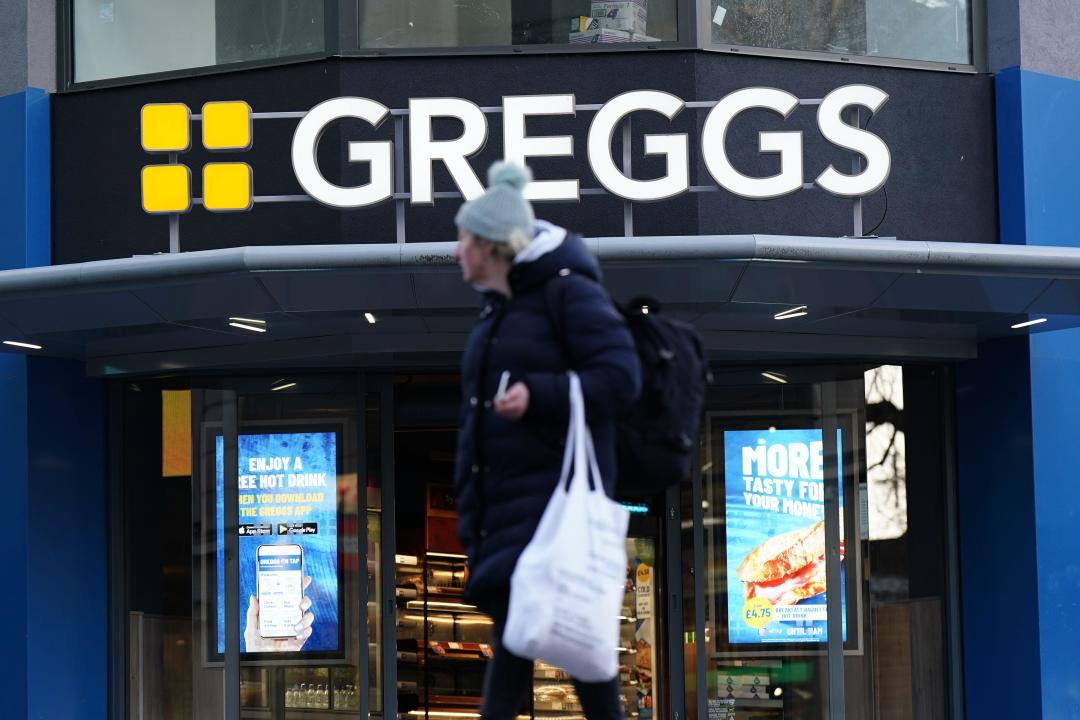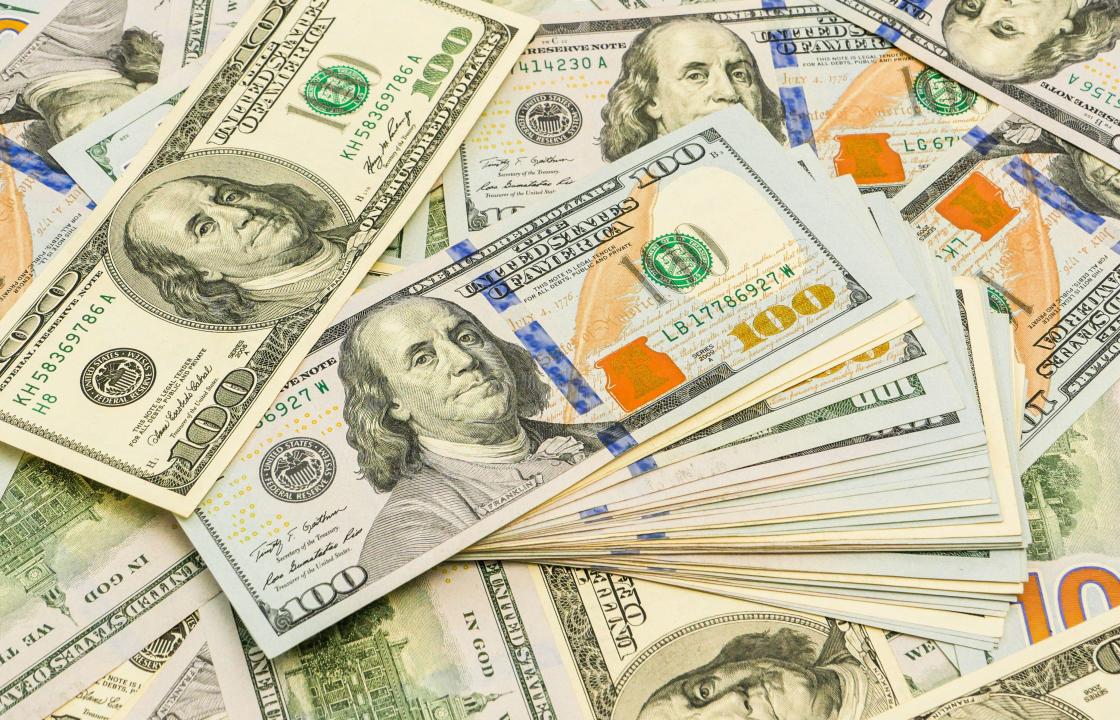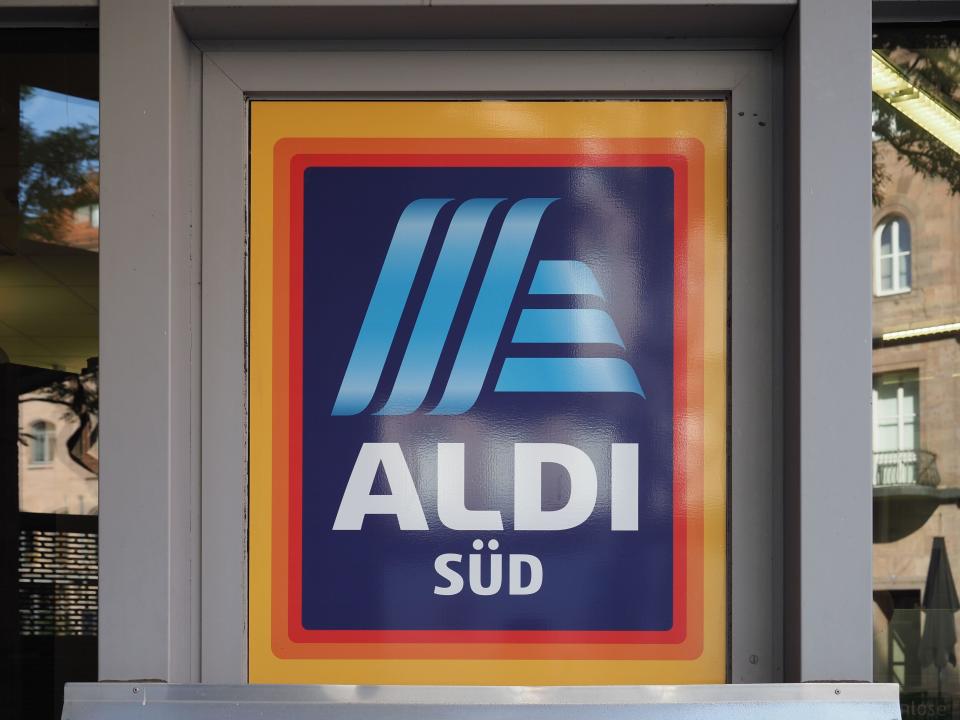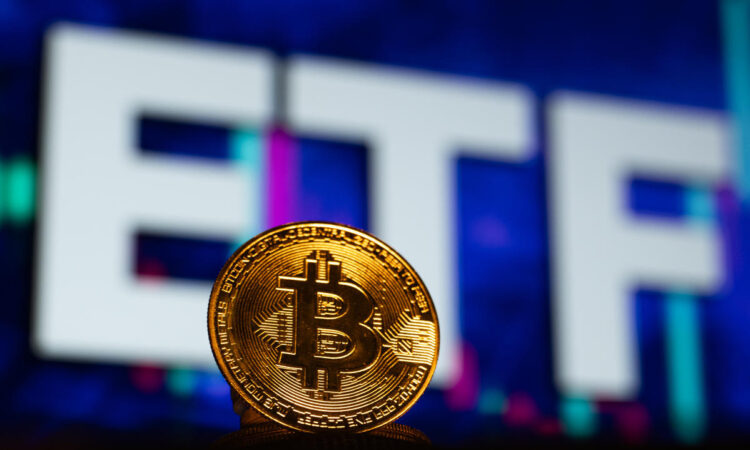
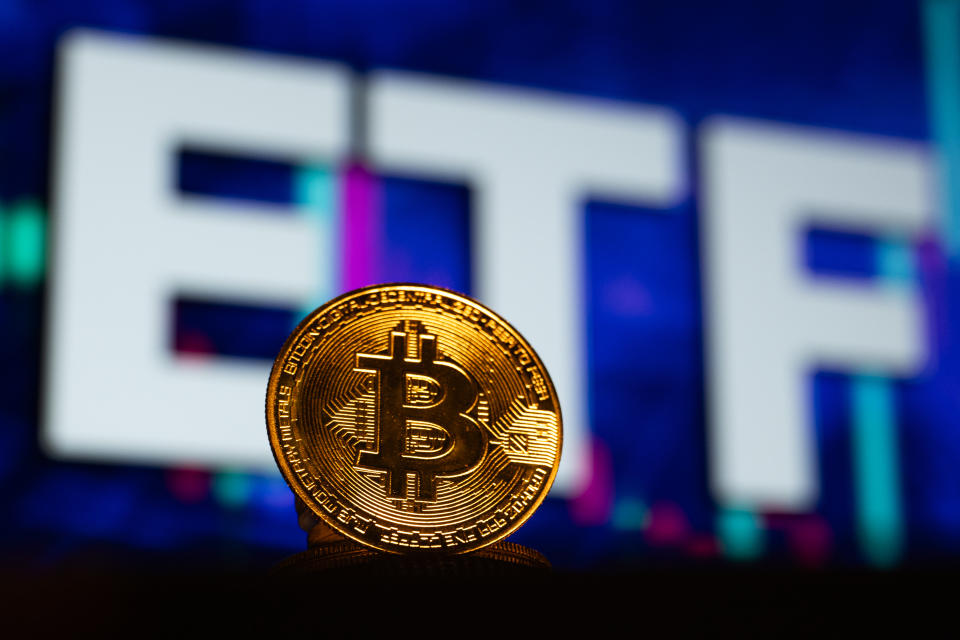
European stock markets started Wednesday on the back foot after the price of Bitcoin (BTC-USD) surged as much as $1,000 (£786), before later dropping, following a fake tweet that the US Securities and Exchange Commission (SEC) had approved bitcoin exchange-traded funds.
In London, the FTSE 100 (^FTSE) was trading 0.2% lower after opening, while the CAC (^FCHI) lost 0.1% in Paris, and the Frankfurt DAX (^GDAXI) was also almost 0.1% down.
Bitcoin saw some significant volatility last night after the SEC tweeted that it had given approval for a Bitcoin ETF, a decision on which is expected today, before subsequently claiming that it had been hacked and had done no such thing.
Soon after the initial post appeared, SEC chair Gary Gensler, said on his personal account that the SEC’s account had been compromised and that “the SEC has not approved the listing and trading of spot bitcoin exchange-traded products”. Gensler called the post “unauthorized”.
The price of the world’s largest cryptocurrency fell back to $45,500, losing $63bn in market value over just a matter of minutes.
Read more: Cheapest supermarket of 2023 revealed
“Since the end of last year and the strong gains leading up to the end of last month markets have exhibited none of the same enthusiasm to carry the momentum higher, with trading activity subdued and a relatively negative bias so far year to date,” said Michael Hewson, chief markets analyst of CMC Markets.”
“It’s hard to assign a singular reason for the lack of enthusiasm so far month to date apart from a great deal of uncertainty around the prospects for the global economy and the timeline for central bank rate cuts.”
Read more: Why tax cuts in 2024 might not leave you paying less
On Tuesday, the World Bank outlined a bleak outlook for the global economy over the next few years with predictions that growth was likely to slow for the third year in a row in 2024. The organisation nudged their estimate for this year down from 2.6% to 2.4%.
Last night on the back of the news, the S&P 500 (^GSPC) closed almost 0.2% lower on the day, while the tech-heavy Nasdaq (^IXIC) was 0.1% higher. The Dow Jones (^DJI) slipped 0.4% in New York, ending at 37,525.16.
Live9 updates
Watch: How does inflation affect interest rates?
Download the Yahoo Finance app, available for Apple and Android.

